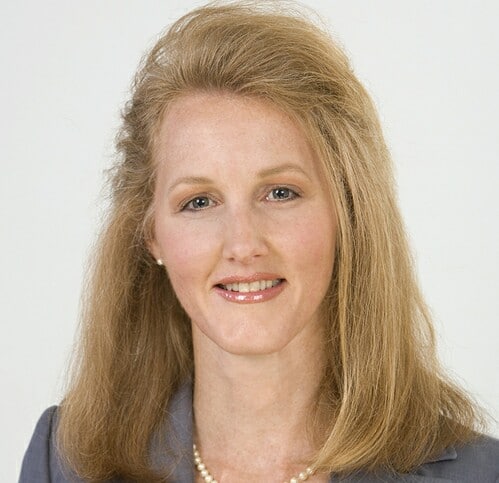by Phoebe Atkinson
“At its best, mentoring can be a life-altering relationship that inspires mutual growth, learning, and development. Its effects can be remarkable, profound, and enduring; mentoring relationships have the capacity to transform individuals, groups, organizations, and communities.” —Belle Rose Ragins
At WBI events, we consciously make space for moments of learning through connections. This happens ad hoc all the time at conferences, but this year at the Embodied Positive Psychology Summit, we want to make it explicit. Our goal is to intentionally create mentoring moments.
The field of Positive Organizational Scholarship (POS) applies a positive psychology lens (“what is right” vs. “what is wrong”) to organizational culture. The POS Positive Relationships at Work lens views relationships as central to life satisfaction, enrichment, and development. Current mentoring researchers have taken this body of knowledge—based on Jane Dutton’s “high quality connections” model—and combined it with traditional notions of mentoring.
This emergent integrated mentoring model has informed my role as a Teaching Assistant Mentor for WBI over the last few years, as I’ve partnered with our teaching assistant teams. We have collaborated to foster an eco-culture in which people move in and out of mentoring dyads within a supportive developmental culture: Knowledge is shared, expertise is fluid, and contribution is encouraged at all levels.
Mentoring scholar Belle Rose Ragins sees mentoring from a relational perspective. Her term “relational mentoring” references the qualities and characteristics embedded within a “high quality mentoring” relationship. Ragins explains, “The relational state of high quality mentoring is defined as an interdependent and generative developmental relationship that promotes mutual growth, learning, and development.” This relational approach infers both mutuality and reciprocity.
Explicitly building in mutuality means that both members of a dyad have a desire to learn, and feel a responsibility to contribute to and invest in the growth of their partner. Growth-fostering relationships offer us guidance and support and can appear in formal or informal ways.
In her book The Handbook of Mentoring at Work: Theory, Research, and Practice, Ragins writes about the importance of building our developmental networks and charges us to get into the regular habit of seizing “mentoring moments.” She encourages us to create “mentoring mashup events” where we can capitalize on in-person relationship building and share multiple resources.
Taking a page from her book, we have introduced Meals with Mentors at the upcoming Embodied Positive Psychology Summit. You will be able to experience an assortment of mutually beneficial, uplifting interactions. We encourage you to sign up to facilitate a mentoring circle, if there is a topic of interest you wish to explore. We will strengthen existing relationships while building new connections, as we learn and capitalize on the vast skills and experiences within our learning community.
Phoebe Atkinson is the teaching assistant mentor for CiPP United States. She is a licensed clinical social worker (LCSW-R) and a board-certified trainer, educator and practitioner in psychodrama, sociometry and group psychotherapy (TEP). She is a practicing therapist in New York City and a graduate of the inaugural CiPP1 program. Phoebe’s areas of expertise include design and facilitation of clinical and corporate training programs, and she enjoys both the co-creation and collaboration. As a certified coach, Phoebe delivers executive leadership programs in Fortune 500 companies and, for the past 13 years, has co-facilitated a signature program that resides at Rutgers University Institute for Women’s Leadership.



